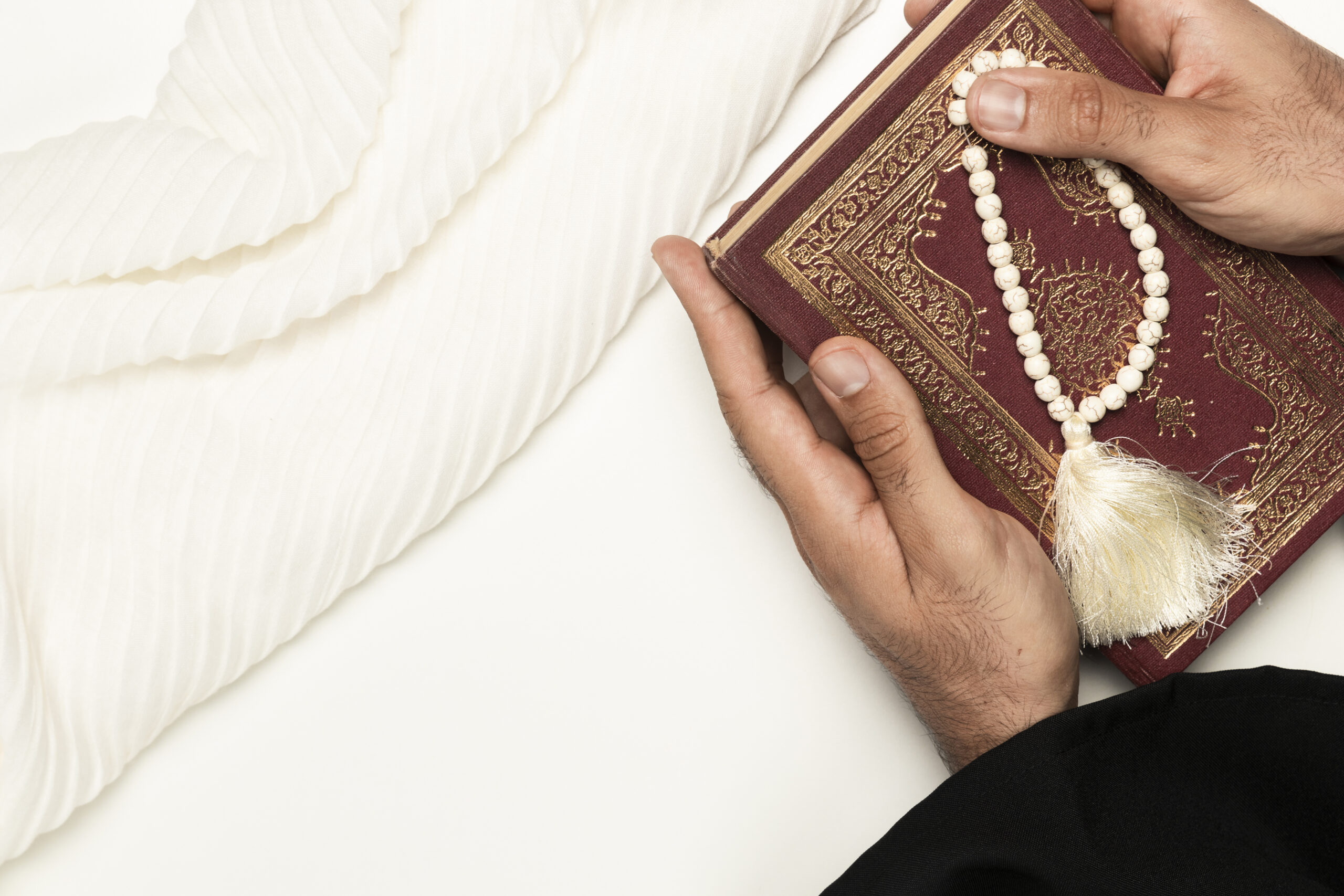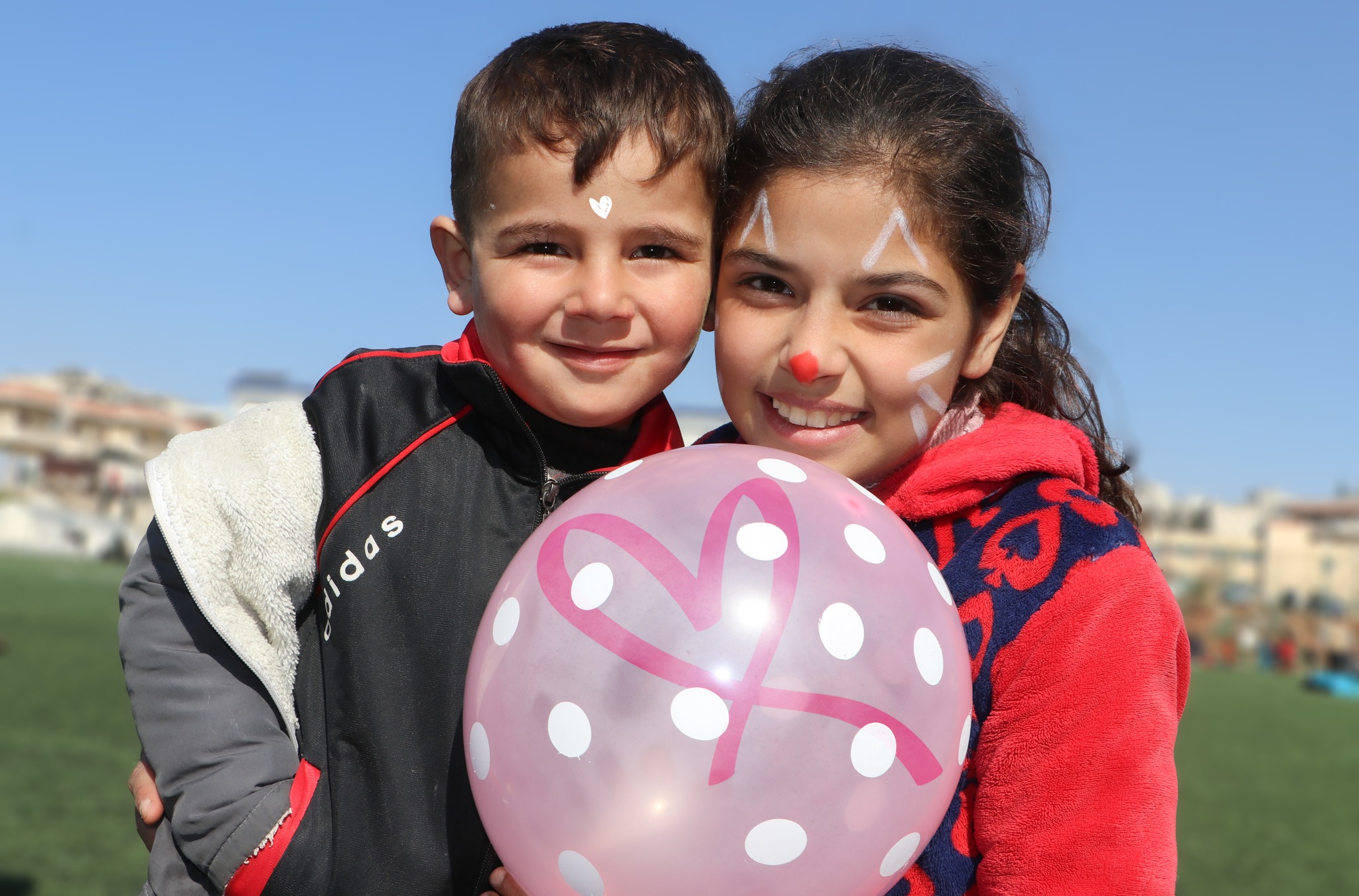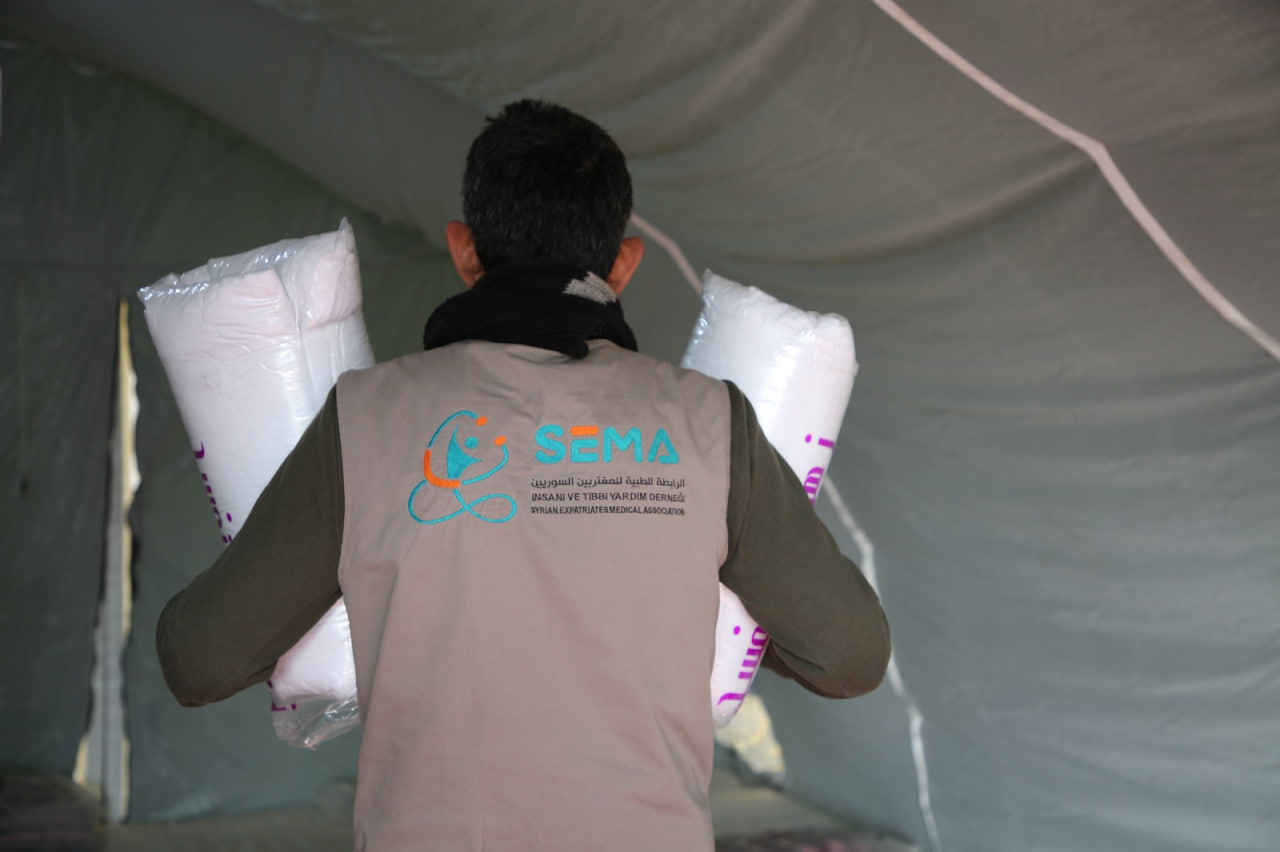Kaffarah, an integral part of Islamic teachings, is a path to seek forgiveness and redemption for transgressions or specific wrong actions.
This article delves into the essence of Kaffarah—its underlying wisdom, classifications, and how it is dispensed to those deserving of its benefits. Moreover, it addresses common queries surrounding the concept of Kaffarah.
Introduction to Kaffarah
Kaffarah, rooted in the Arabic word “kaf • fa • ra,” meaning to conceal or cover, stands as a means to cover sins and misdeeds.
It is a divinely imposed obligation on Muslims to seek reparation for committing a sin, falling into error, or preventing a sin or transgression—such as the unintentional breaking of a fast during Ramadan’s daylight hours without a valid excuse.
So, Kaffarah constitutes a form of worship performed by Muslims who have transgressed, delayed fulfilling obligations, or abandoned duties without justifiable reasons, symbolizing an act of spiritual cleansing and repentance.
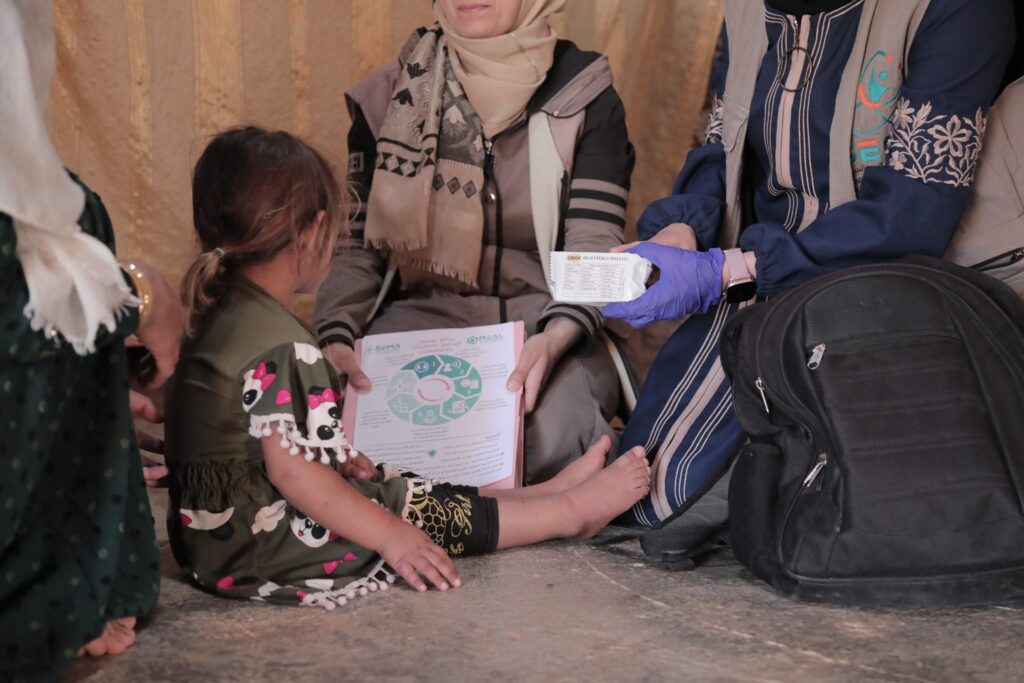
The Different Types of Kaffarah
Kaffarah bears varying legal rulings, values, and conditions depending on its type and the severity of the committed sin.
Kaffarah for breaking a fast
Deliberately breaking the fast during Ramadan’s daylight hours without a valid excuse is a major transgression.
The FIDYA and Kaffarah for fasting differ: the FIDYA is obligatory for those who break the fast due to illness, travel, or a legitimate excuse (In these cases, the individual is liable to feed 1 person for every fast missed.); otherwise, specific expiations apply include:
- Emancipating a slave or Muslim captive
- Fasting for two consecutive months
- Or feeding sixty poor people.
Narrated Abu Huraira: A man came to the Prophet Muhammad (PBUH) and said, “I am ruined!” The Prophet (PBUH) said, “What is the matter with you?” He said, “I have done a sexual relation with my wife (while fasting) in Ramadan.” The Prophet (PBUH) said to him, “Can you afford to manumit a slave?” He said, “No.” The Prophet (PBUH) said, “Can you fast for two successive months?” He said, “No.” The Prophet (PBUH) said, “Can you feed sixty poor persons?” He said, “I have nothing.” Later on an Irq (big basket) containing dates was given to the Prophet, and the Prophet (PBUH) said (to him), “Take this basket and give it in charity.” The man said, “To poorer people than we? Indeed, there is nobody between its (i.e., Medina’s) two mountains who is poorer than we.” The Prophet then said, “Take it and feed your family with it.” [Sahih al-Bukhari 6711]
Kaffarah for breaking an oath
Kaffarah for breaking an oath is not mandatory for a frivolous or illogical oath but rather for a genuine oath that is violated.
The Kaffarah for an oath encompasses four options, offering a range of choices depending on one’s capability. Include:
- Feeding ten needy.
- Clothing ten impoverished.
- Emancipating a Muslim slave.
- However, if one cannot perform these actions, the alternative is fasting for three days, which need not be consecutive.
Kaffarah for accidental killing
Kaffarah for accidental death applies to those who, unintentionally, are responsible for the death of another individual. It necessitates one of three actions to atone for this unintended act:
- freeing a slave
- fasting for two consecutive months
- feeding sixty impoverished people.
Scholars unanimously agree that the Kaffarah for unintentional manslaughter is the emancipation of a Muslim slave. If this is unfeasible, the alternative is fasting for two consecutive months, accompanied by the payment of blood money to the family of the deceased, unless they choose to pardon and forgive. The Quran in Surah An-Nisa verse 92 stipulates the Kaffarah for such situations.
Unlawful, falsifying estrangement of a wife (zihar)
Zihar, an act of sexual estrangement in marriage by a husband toward his wife while keeping her in wedlock, was prohibited by Allah.
The Quran, during the era of pre-Islamic ignorance, forbade those who practiced Zihar from resuming marital relations with their wives without atonement for this act.
Two options for Kaffarah were offered:
- Freeing a Muslim bondservant.
- Fasting consecutively for two Islamic lunar months.
- If these options are not possible, feeding sixty needy is the alternative.
Violating hajj-pilgrimage sanctity (Ihram) limits
The Hajj is a sacred obligation Allah imposes upon His servants, entailing specific duties and rituals integral to its completion. Failing to fulfill these obligations or engaging in prohibited acts during this sacred journey necessitates atonement to rectify any deficiencies in fulfilling the Hajj duties.
Committing violations during Ihram, such as engaging in intimacy, hunting, cutting nails or hair, using scented items, or covering the head for men, necessitates Kaffarah (atonement).
The Kaffarah for these violations typically involves offering sacrifices, fasting for specific days, or providing food to the needy.
How Kaffarah Benefits Both the Giver and the Receiver
For the giver, the act of Kaffarah is not merely a form of atonement but a means of purifying the soul and seeking forgiveness from the Almighty.
It is an act of worship and a testament to one’s sincerity in rectifying errors. Moreover, it elevates the giver’s spirituality, fostering a deeper connection with their faith.
On the other hand, the receiver experiences tangible improvements in their life, as Kaffarah often aids in meeting their basic needs, whether it’s through provisions, clothing, or sustenance.
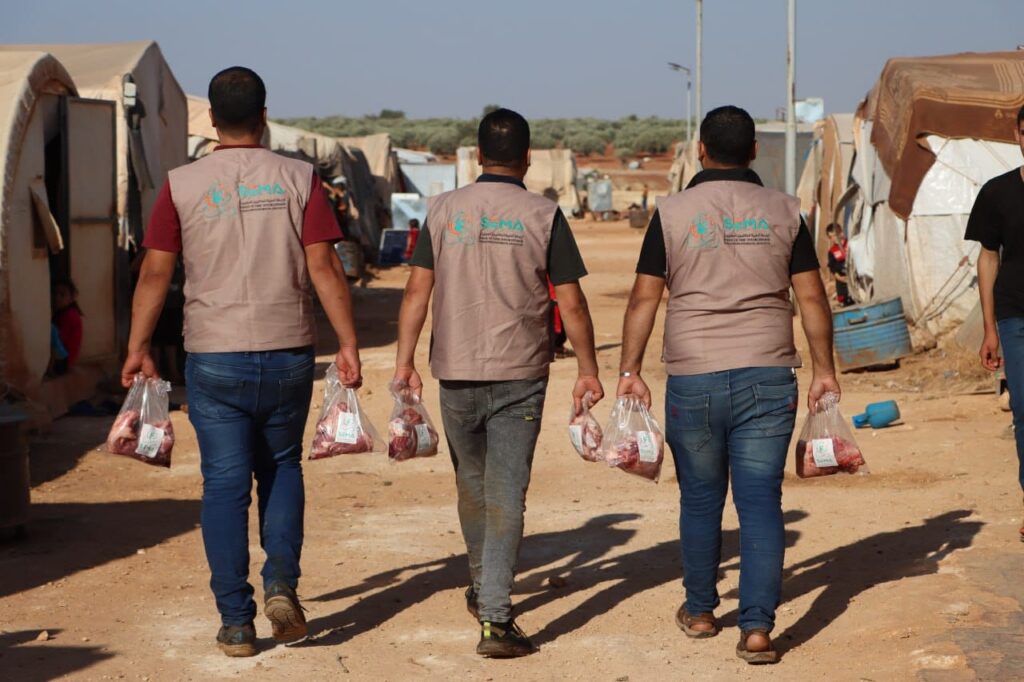
Kaffarah in the Context of Modern Crises
SEMA has been instrumental in integrating Kaffarah funds into its relief services, especially in response to unforeseen natural disasters and crises.
Notably, during the double earthquake that ravaged northern Syria and southern Turkey on 6 February 2023, SEMA swiftly initiated a comprehensive relief campaign. This response involved immediate aid provisions to those impacted by the quake.
Operating on the ground, SEMA’s teams assessed urgent needs, distributed essential supplies, and rendered vital medical assistance to the injured.
Kaffarah funds, Zakat, and charitable contributions played a crucial role in enabling this rapid and effective response, underscoring SEMA’s commitment to supporting and aiding communities amidst such challenging circumstances.
Participating in Kaffarah: A Guide
In supporting the concept of Kaffarah, it becomes crucial to direct these contributions to those most in need—specifically, the impoverished and displaced individuals affected by conflicts, calamities, and crises worldwide.
(SEMA) wholeheartedly invites donations of Kaffarah funds to support vulnerable communities through:
– supply essential resources like food, medicine, and clothing to refugees.
– building camp medical facilities, providing vaccinations for all age groups, and launching mobile clinics.
By contributing to Kaffarah, you become an integral part of SEMA’s mission, aiding in transforming lives and sustaining hope!
FAQ
What exactly does Kaffarah mean in Islamic Law?
Kaffarah is a form of atonement in Islamic law for specific wrongdoings or transgressions. It aims to seek forgiveness and redemption for unintentional errors or intentional violations.
How does one calculate the amount required for monetary Kaffarah?
The calculation for monetary Kaffarah varies based on the type of violation.
Can Kaffarah contributions be directed to specific programs within SEMA?
Yes, contributions towards Kaffarah within SEMA can be directed to specific relief programs, including providing refugees with essential resources like food, medicine, and clothing, constructing medical facilities, offering vaccinations, and deploying mobile clinics.
Read More:
SEMA’s Zakat Campaign: Bridging Gaps, Building Futures
SEMA’s Sadaqah Campaigns: Get Involved Today
Sadaqah Jariyah for Education: SEMA’s Educational Initiatives
Sadaqah in Action: SEMA’s Response to Emergencies
Sadaqah and Sustainable Development: SEMA’s Vision

